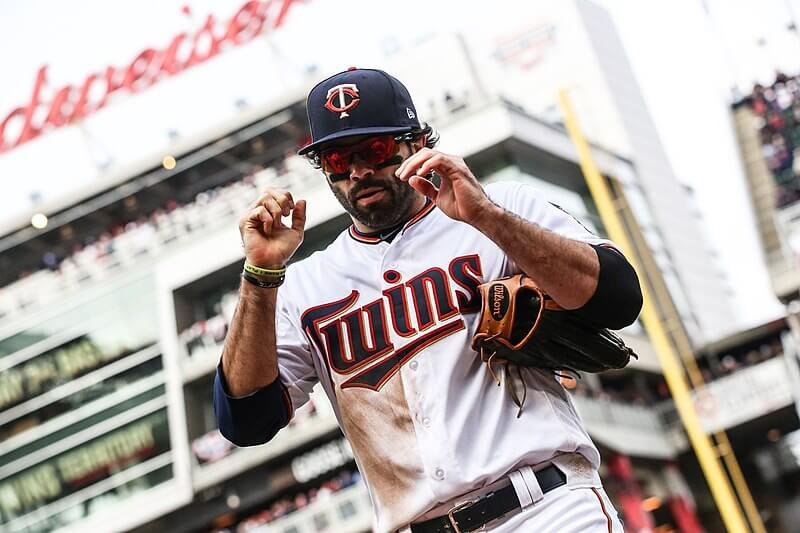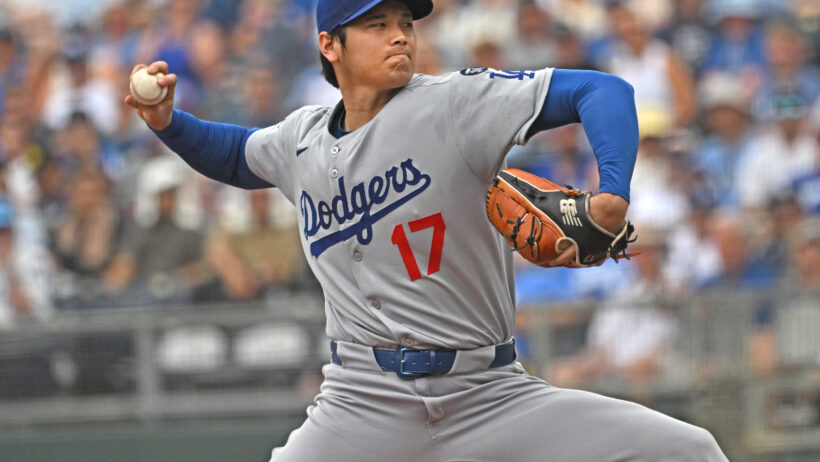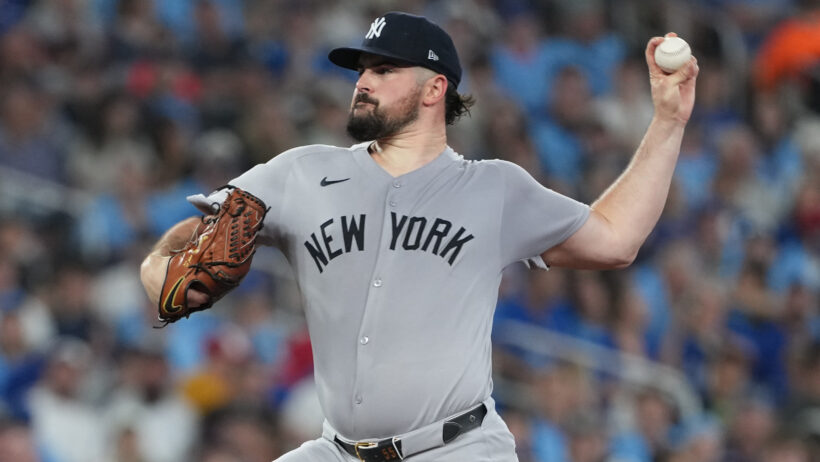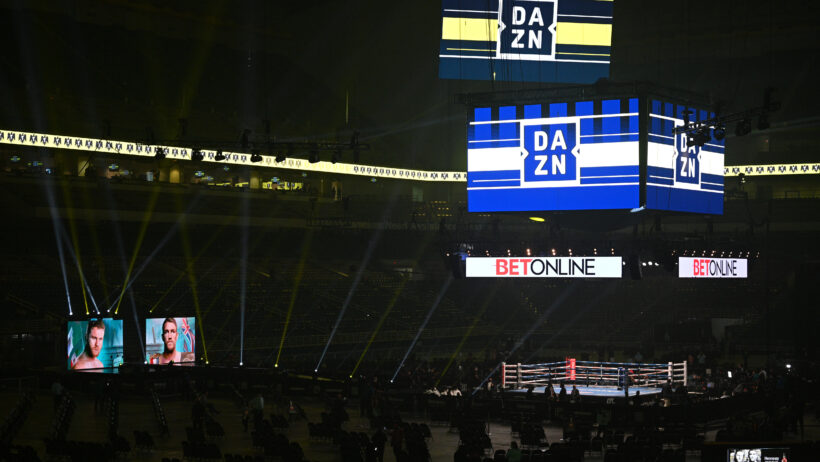Minnesota Sports Betting Unlikely to Be Approved This Session
By Robert Linnehan in Sports Betting News
Updated: October 26, 2022 at 8:10 am EDTPublished:

- The Minnesota House Speaker said there likely won’t be enough time for sports betting this session
- Other more important bills will take priority over the weekend
- The Senate still needs to come to a compromise on sports betting with the House
It seems as if Minnesota sports betting will not come to fruition this session.
According to Theo Keith, a political reporter with KMSP-TV/FOX 9 Minneapolis-St. Paul, Minnesota House Speaker Melissa Hortman (DFL-36B) said today that there is likely not enough time remaining in the state’s legislative session to approve a sports betting bill.
NEW: “I don’t think so,” Hortman says when asked if there’s a chance for sports betting legalization by the end of session. #mnleg
— Theo Keith (@TheoKeith) May 20, 2022
Minnesota’s legislative session is set to end on Monday, but state lawmakers will continue to work through the weekend on several other more pressing bills before the deadline.
Sports betting will likely have to wait until 2023 for legalization, but even then the Senate and the House will have to make some key compromise if they actually want to get something done moving into the new year.
Can the Senate, House Compromise on Sports Betting?
Yesterday, the Senate Finance Committee approved an amended sports betting bill to legalize retail and online sports betting for Minnesota tribes and two state racetracks. It was a jarring change from a recently approved House sports betting bill, which limited retail and online sports betting to the state’s 11 tribes.
These were not unexpected changes, but it just shows that both legislative bodies are fairly far apart on what they hope to see in a sports betting bill.
Senate Majority Leader Jeremy Miller (R-28) recently said the Senate would not support the House bill if it did not expand sports betting opportunities for the state racetracks. Rep. Zack Stephenson (DFL-Coon Rapids), main sponsor of the House approved sports betting bill, created the bill to give sports betting control only to the state tribes and never once publicly stated he hoped to include any other organization in the law.
These differences will have to be worked out in 2023 for a sports betting bill to be approved. Additionally, the Minnesota tribes will have to be appeased in some way if they give up their sovereignty and a bill allows racetracks to also offer sports betting.
Minnesota Tribes Opposed to Amendment
As expected, the Minnesota Tribes have already voiced this displeasure over the approved amendment. The 10-member Minnesota Indian Gaming Association (MIGA) sent a letter to the Senate Finance Committee roundly rejected the amendment to expand sports betting to state racetracks.
“Through the stakeholder process, Rep. Stephenson, Rep. Garofalo and other crafted a bill that accomplishes the goal of providing a safe and competitive marketplace for Minnesota sports bettors without threatening the viability of tribal gaming in the state. Therefore, nine of the 10 MIGA tribes offer their full and active support for the current version of HF 778, while one member of the association does not. If amended by the A-22 amendment, which expands commercial gaming, all 10 MIGA tribes would then oppose the legislation,” MIGA reps wrote in their letter.
The MIGA tribes have consistently opposed the expansion of non-tribal gaming in the state.
Minnesota Sports Betting Details
The amendment to expand sports betting was the key change to the House approved sports betting bill. The rest of the bill details largely remain the same, but the Senate and House will have to agree on whether or not to give state tribes exclusive control over sports betting.
Both bills create up to two master online sports betting licenses for state tribes. This includes the potential for individual online sports betting sub-licenses for each individual tribe.
The bills sets the minimum age of participation at 21 and allows betting on college sports. They call for a 10% sports betting tax rate on both online and in-person sports bets.
Fees for sports betting licenses were also officially set. These include:
- Online sports betting operator license: $2,125
- Racetrack license: $2,125
- Online sports betting platform provider and service provider: $6,000 application fee, $38,250 license fee, and $8,500 annual renewal fee
- Supplier license: $6,000 application fee, $38,250 license fee, and $8,500 annual renewal fee.
Fees for the master sports betting licenses for the Minnesota tribes were not disclosed. They will be valid for 20 years.
A fiscal analysis shared during the committee hearing estimated $5.6 million in sports betting tax revenues for FY 2024, increasing to $12.8 million in FY 2025. It could grow to between $20 million to $30 million in later years, according to the analysis.

Regulatory Writer and Editor
Rob covers all regulatory developments in online gambling. He specializes in US sports betting news along with casino regulation news as one of the most trusted sources in the country.



